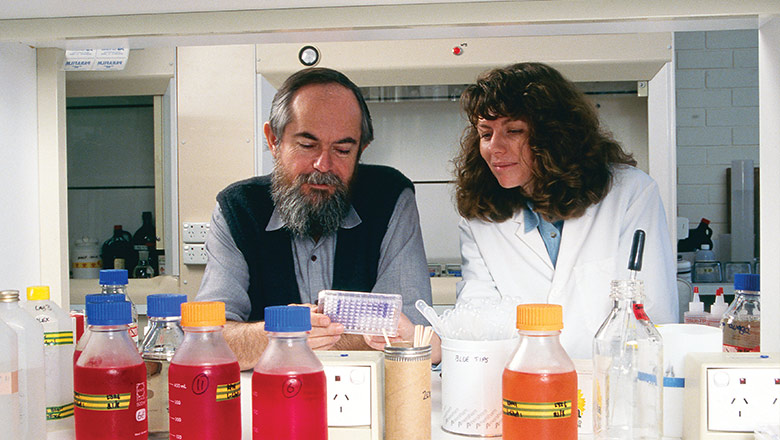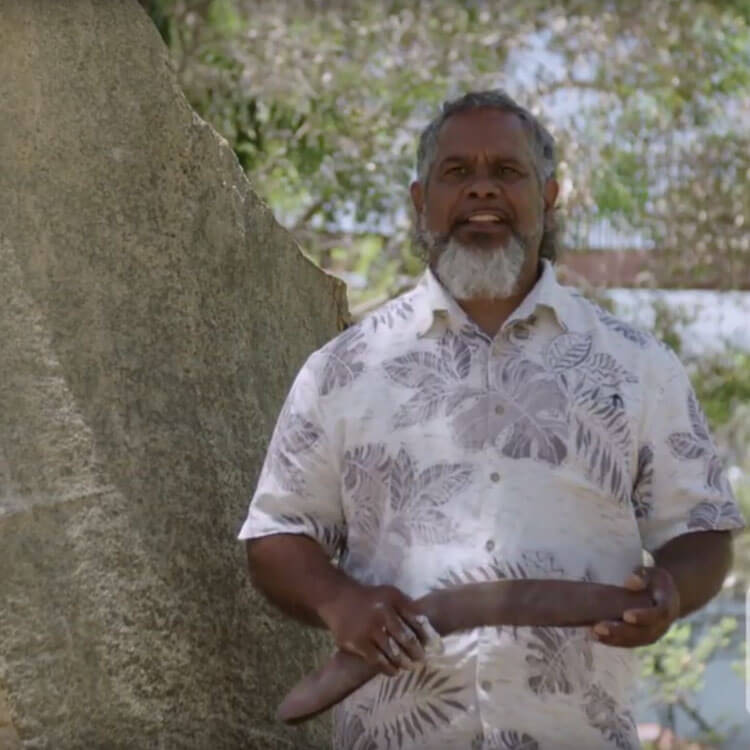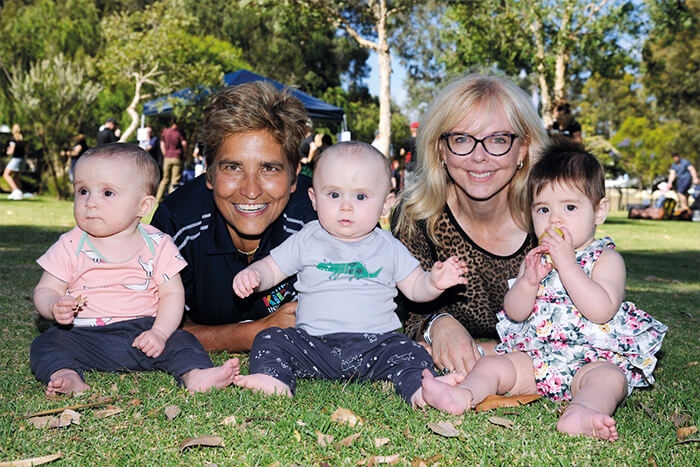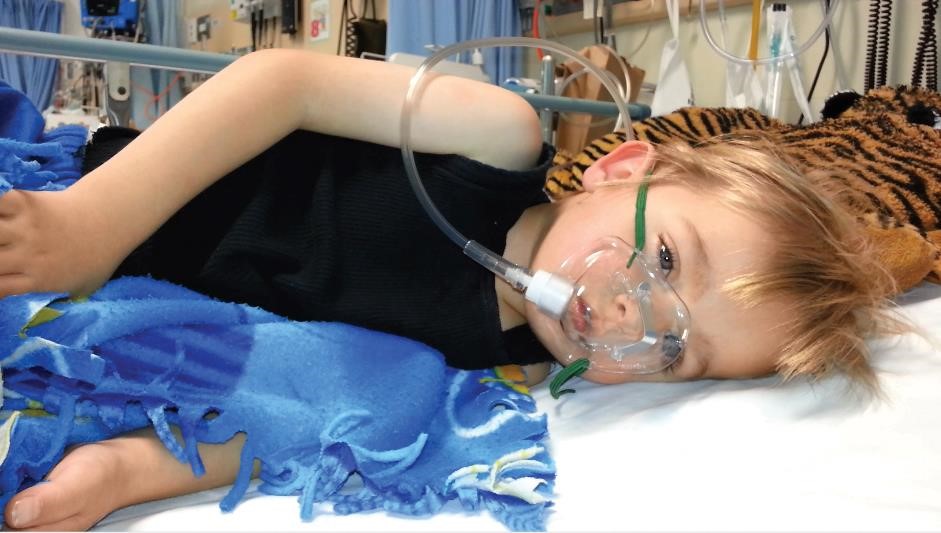Search

News & Events
Switch on the immune system earlyFindings by Professor Pat Holt revealed researchers had been heading down the wrong path in their battle strategy against respiratory allergy and asthma.

News & Events
Video: Aboriginal AsthmaWadjuk Nyungar man Walter McGuire talks about the importance of air quality to our health.
Research
AsthmaOne in eight children have asthma, a chronic disease of the airways in the lungs. It results in shortness of breath, chest tightness, wheezing and coughing.

News & Events
ORIGINS Project shines light on Early Childhood DevelopmentA collaboration between The Kids Research Institute Australia and Joondalup Health Campus is poised to be a game-changer for early childhood development.

News & Events
WA researchers lead global centre to eliminate childhood asthmaAn ambitious project that could stop children developing asthma is the centrepiece of a new world-class respiratory research centre launched in Perth.

News & Events
Reducing the asthma burden: generous grant secured to develop world-first treatmentResearchers developing a world-first treatment that targets an underlying cause of asthma have secured a $499,640 grant from the Future Health, Research and Innovation Fund – Innovation Seed Fund.
Research
Association between pertussis vaccination in infancy and childhood asthma: A population-based record linkage cohort studyAsthma is among the commonest noncommunicable diseases of childhood and often occurs with other atopic comorbidities. A previous case-control study found evidence that compared to children who received acellular pertussis (aP) vaccines in early infancy, children who received one or more doses of whole-cell pertussis (wP) vaccine had lower risk of developing IgE-mediated food allergy. We hypothesized that wP vaccination in early infancy might protect against atopic asthma in childhood.
Research
Airway-associated adipose tissue accumulation is increased in a kisspeptin receptor knockout mouse modelAirway-associated adipose tissue increases with body mass index and is a local source of pro-inflammatory adipokines that may contribute to airway pathology in asthma co-existing with obesity. Genetic susceptibility to airway adiposity was considered in the present study through kisspeptin/kisspeptin receptor signalling, known to modulate systemic adiposity and potentially drive airway remodelling.
Research
LPS binding protein and activation signatures are upregulated during asthma exacerbations in childrenAsthma exacerbations in children are associated with respiratory viral infection and atopy, resulting in systemic immune activation and infiltration of immune cells into the airways. The gene networks driving the immune activation and subsequent migration of immune cells into the airways remains incompletely understood. Cellular and molecular profiling of PBMC was employed on paired samples obtained from atopic asthmatic children during acute virus-associated exacerbations and later during convalescence.
Research
Identifying the asthma research priorities of people with asthma, their carers and other stakeholdersPeople living with asthma, their carers, clinicians and policymakers are the end-users of research and need research that address their individual healthcare needs. We aimed to understand the research priorities of end-users of asthma research.
